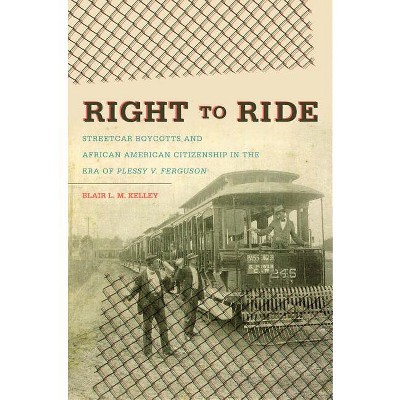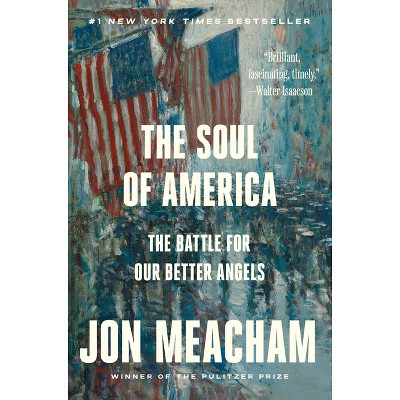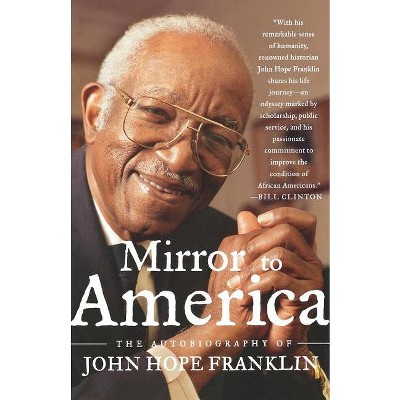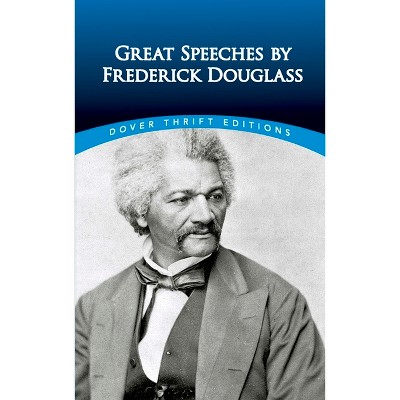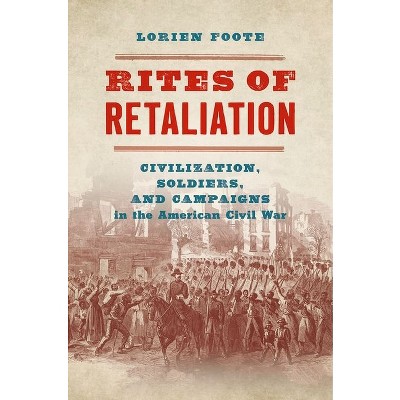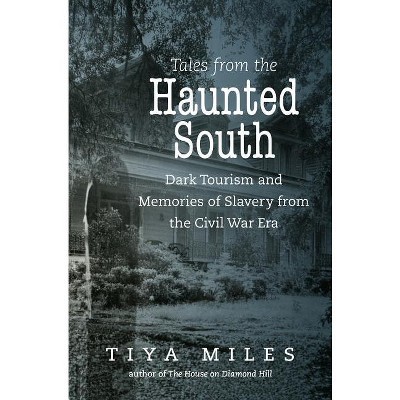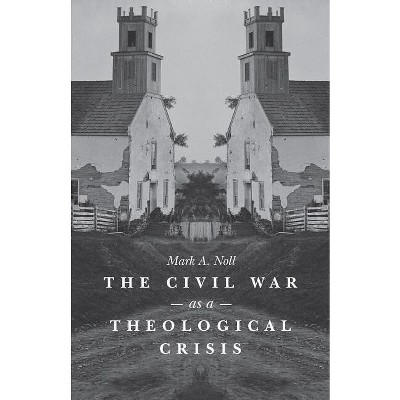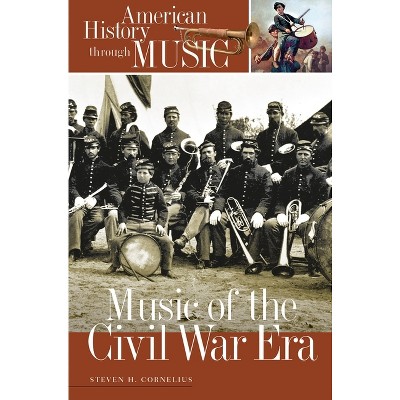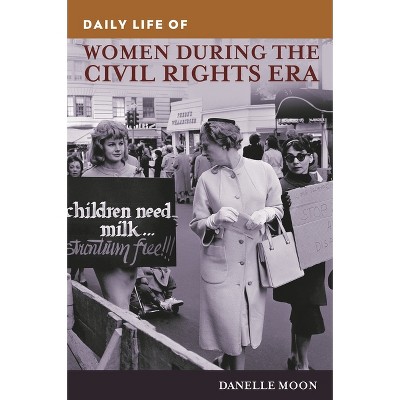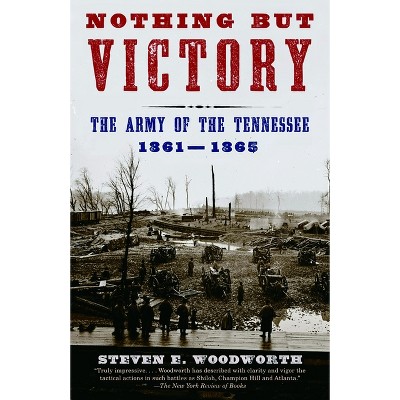Sponsored

Citizens of a Stolen Land - (Steven and Janice Brose Lectures in the Civil War Era) by Stephen Kantrowitz (Paperback)
In Stock
Sponsored
About this item
Highlights
- This concise and revealing history reconsiders the Civil War era by centering one Native American tribe's encounter with citizenship.
- Author(s): Stephen Kantrowitz
- 238 Pages
- Social Science, Indigenous Studies
- Series Name: Steven and Janice Brose Lectures in the Civil War Era
Description
About the Book
"In this book, Steven Kantrowitz explores the transformations of American citizenship in the Civil War era through the history of the Ho-Chunk people. Kantrowitz has had opportunity to work closely with members of the Ho-Chunk tribe, whose home territory centers around Madison, and this work grows out of his interest in their particular struggles for citizenship and recognition"--Book Synopsis
This concise and revealing history reconsiders the Civil War era by centering one Native American tribe's encounter with citizenship. In 1837, eleven years before Wisconsin's admission as a state, representatives of the Ho-Chunk people yielded under immense duress and signed a treaty that ceded their remaining ancestral lands to the U.S. government. Over the four decades that followed, as "free soil" settlement repeatedly demanded their further expulsion, many Ho-Chunk people lived under the U.S. government's policies of "civilization," allotment, and citizenship. Others lived as outlaws, evading military campaigns to expel them and adapting their ways of life to new circumstances. After the Civil War, as Reconstruction's vision of nonracial, national, birthright citizenship excluded most Native Americans, the Ho-Chunk who remained in their Wisconsin homeland understood and exploited this contradiction. Professing eagerness to participate in the postwar nation, they gained the right to remain in Wisconsin as landowners and voters while retaining their language, culture, and identity as a people.
This history of Ho-Chunk sovereignty and citizenship offer a bracing new perspective on citizenship's perils and promises, the way the broader nineteenth-century conflict between "free soil" and slaveholding expansion shaped Indigenous life, and the continuing impact of Native people's struggles and claims on U.S. politics and society.
Review Quotes
"Citizens of a Stolen Land is a model of braiding local stories to national metanarratives. Concise and lucid, this book deserves a wide readership among those trying to understand America in the nineteenth century."--Journal of American History
"Citizens of a Stolen Land is an excellent book that does what we all want our scholarship to do. It makes a complicated story accessible without making it simple and enriches our understanding of the world in the process."--American Historical Review
"A careful narrative analysis of the history of the Ho-Chunk peoples in their relations with the engulfing power and contradictory agendas of the imperial U.S. republic across the 1800s."--Journal of Social History
"A much-needed intervention into the Indigenous history of North America and the history of the early American republic. For most people, Native history east of the Mississippi ends with removal, but Kantrowitz centers Indigenous people and nations within the story of westward expansion of the United States and reframes that expansion as a brutal struggle for control of Indigenous lands and a protracted contest to define the terms of inclusion and exclusion for Native peoples, white settlers, and free and enslaved Black people."--Michael Witgen, author of Seeing Red: Indigenous Land, American Expansion, and the Political Economy of Plunder in North America
"A sweeping history of the Civil War Era that moves outward from the Ho-Chunk homeland in today's Wisconsin, placing Native peoples and settler colonialism in conversation with more familiar questions of slavery and emancipation. Citizens of a Stolen Land is an essential contribution. "--Kate Masur, author of Until Justice Be Done: America's First Civil Rights Movement, from the Revolution to Reconstruction
"As historians seek to better understand the Civil War's wide-ranging consequences, Kantrowitz provides a model for understanding how the war challenged and changed ideas about race and citizenship--and how marginalized groups used the conflict to assert their rights as Americans."--Civil War Monitor
"Creative [and] elegant. . . . As Americans continue to debate to whom they will extend a pathway to citizenship in ways that echo the deeply white supremacist past iterations of this conflict, Kantrowitz reminds us not to ignore the complexity of that exalted status."--Journal of the Civil War Era
"Kantrowitz adds intriguing nuance to the intersection of race and citizenship. . . . Today, Ho-Chunk members own nearly nine thousand acres in Wisconsin, some individually and some in tribal trust, a small portion of their historic territory. It is, nonetheless, a profound example of cultural endurance and, as Kantrowitz makes clear, part of a larger story of race and citizenship in the United States."--Middle West Review
"This book tells heartbreaking stories of desperation, loss, and Indigenous persistence over a colonial power. . . . [Kantrowitz] helps to provide detailed information regarding the ways Great Lakes Tribes persisted through bullying, murder, deceit, and, in most cases, removal from their homelands."--Aatotankiki Myaamiaki
Shipping details
Return details
Frequently bought together

Trending Non-Fiction






